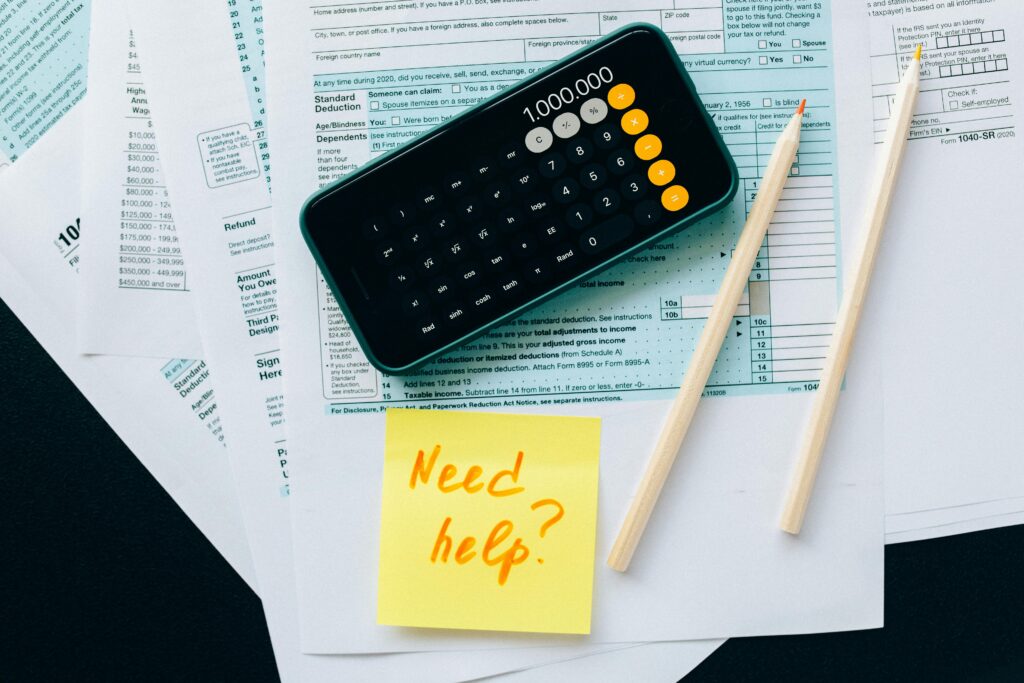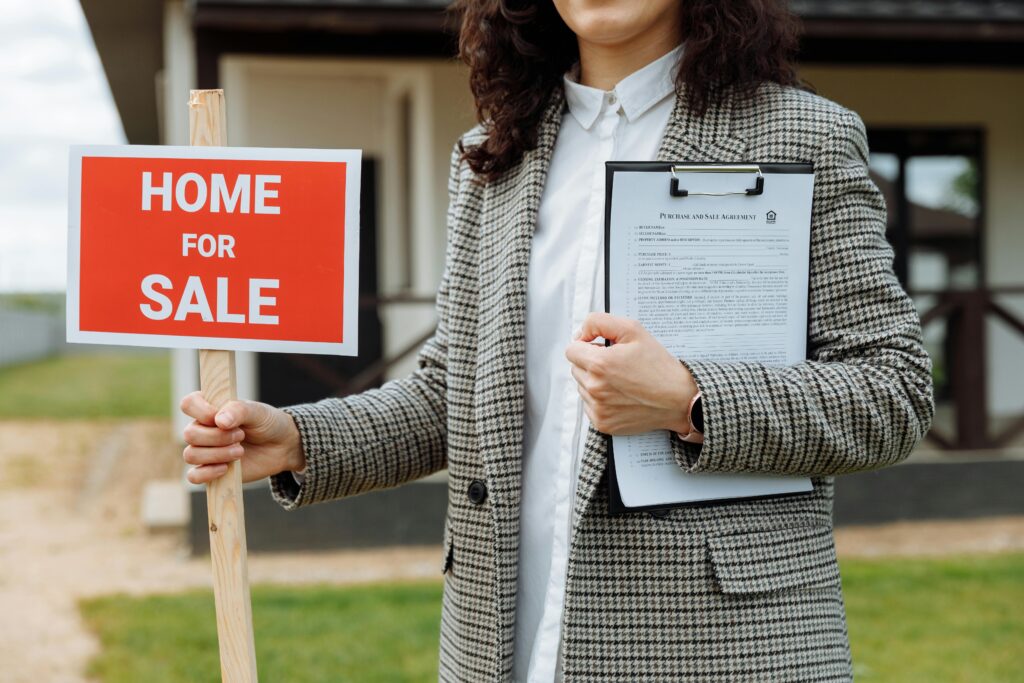Property taxes serve a good purpose. These fees fund many areas of our communities, such as police and fire departments as well as parks and recreation. Without people paying property taxes, we wouldn’t be able to enjoy the amenities offered by our cities, towns, and neighborhoods.
If you have late property tax payments or haven’t been able to pay your share at all, the punishment can be severe. However, life happens, and you may find yourself in a tight spot looking for answers as you face financial hardship. Here’s a look at the consequences of not paying your property taxes, the options available if you can’t pay the bill, and how a cash buyer like New Again Houses® can help you get out of this situation.
- What Happens If You Are Behind on Property Taxes?
- How Far Behind Can You Be on Property Taxes?
- How Far Behind Can You Be on Property Taxes Before Foreclosure?
- What Are My Options If I’m Behind on Property Taxes?
- How Can a Cash Buyer Help Me If I’m Behind on Property Taxes?
- How Can I Stop Getting Behind on Property Taxes?
What Happens If You Are Behind on Property Taxes?
In the first stage of not paying your property taxes, interest and penalties will start to accrue and your total balance will increase. You may be allowed a grace period before extra charges are added. However, you should refer to your local laws to learn about how these fees are handled.
A notice of your late payments may also be published by your local government in the newspaper. If enough time goes by, and you haven’t paid your delinquent bill, a property tax lien will be placed on your home. This is a public record and will let everyone know you owe the taxing authority (if the newspaper notice didn’t spread the word already).
A property tax lien has priority over all other liens, which means you can’t sell the property until the delinquent tax bill is paid. If the situation progresses without you making amends, the taxing authority may sell your home to the highest bidder in a tax sale to satisfy your debt. Another possibility is your lender may pay the property tax lien for you and then add the amount to your mortgage balance. If you still aren’t able to pay, they can move forward with foreclosure.
How Far Behind Can You Be on Property Taxes?
The timeline for how far behind you can get on property taxes depends on your state and local government regulations. In many areas, penalties and interest start accruing immediately after the due date. Some jurisdictions allow a grace period of several months before more serious actions are taken, such as placing a lien on your property. However, the longer you delay, the greater the risk of severe consequences like a tax sale or foreclosure. It’s crucial to check with your local tax authority to understand the specific rules and deadlines in your area.
How Far Behind Can You Be on Property Taxes Before Foreclosure?
Foreclosure due to unpaid property taxes doesn’t happen overnight. Typically, it’s a process that takes months or even years, depending on your state’s laws. After a lien is placed on your property, the tax authority might initiate foreclosure proceedings if the debt remains unpaid. Some states require the tax lien holder to wait a certain period, such as two or three years, before taking legal action. It’s important to act as soon as you’re notified about a lien to avoid foreclosure and additional financial strain.
What Are My Options If I’m Behind on Property Taxes?
Before things go too far, you do have a few options if you have late payments on your property taxes. You might be able to challenge your home’s assessed valuation to reduce the tax amount. You have to show the estimated market value is inaccurate or unfair in some way. If you don’t follow the proper procedures, you might lose the appeal.
You should check into abatement or deferral programs if you can’t pay your property taxes. You may be able to lower the amount or postpone payment based on age, disability, income, and other factors. Unfortunately, abatement isn’t possible in some states if you’re already delinquent.

There also might be an opportunity for an installment arrangement where you pay off your property taxes over time instead of in a lump sum. You may have to prove financial hardship in order to be approved for a payment plan. Installments would likely have to be paid within a certain amount of time (like a five-year period). You might also have to pay a minimum percentage of the balance plus a processing fee.
How Can a Cash Buyer Help Me If I’m Behind on Property Taxes?
Working with a cash buyer who knows how to buy houses with liens can be beneficial for sellers. When selling a home with a lien on a property, the seller must sell the home as-is. Investors typically buy houses in any condition. Plus, cash buyers may be able to work with creditors to accept payment at closing and deduct the debt from the proceeds. It’s important to note the type of lien on the property. Some liens are not negotiable. Each state has different rules and regulations, but if you work with a cash buyer, they will likely know the laws and be able to help.

How Can I Stop Getting Behind on Property Taxes?
The best way to avoid falling behind on property taxes is to budget carefully and set up a plan for timely payments. Consider creating a dedicated savings account for your property taxes to ensure you have the funds when the bill is due. If your lender doesn’t already include property taxes in your mortgage payment through escrow, you might explore that option to make the process more manageable. Additionally, if you’re facing financial challenges, reach out to your local tax authority early to ask about payment plans or assistance programs. Taking proactive steps can help you stay on track and avoid penalties or liens in the future.
Behind on Property Taxes? Contact the Cash Home Buyers at New Again Houses Today!
Now you know what happens when you don’t pay your property taxes, some actions you can take to improve your situation, and how working with a cash buyer like New Again Houses® could offer you the relief you’ve been looking for. investors and cash buyers with experience purchasing homes with liens can make the delinquent property tax process less stressful. You may be able to get out from under the home and make a fresh start somewhere else.Contact us today if you’re looking to sell your house with a lien. We’ll see what we can do to help.
